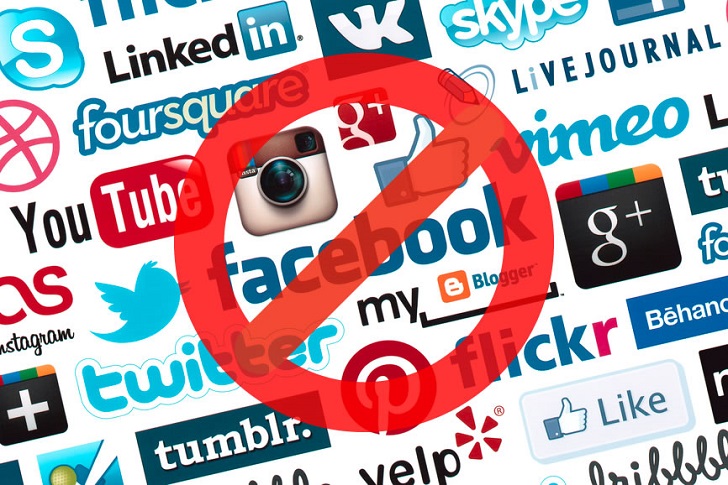Thomas Friedman wrote an article that talked about how the world has become more transparent. With the advent of blogs, cell phone cameras, and social networks like Facebook and MySpace, anyone who wants to publish their opinion can do so with ease, and therefore a person’s actions and words can be instantly beamed to the rest of the world. This means that off-color comments, boorish behavior, and controversial opinions can now be reported to vast numbers of people, thus damaging a person’s reputation, credibility, and public persona with the stroke of a keyboard.
If course, old fashioned mass mailings by sources unwilling to identify themselves can achieve the same results.
Friedman describes a confrontation with a woman at a newsstand over who was standing in line first. He explains that he finds himself more contrite and less willing to engage in public confrontation in today’s world because of the possibility of what the other person may say or do thanks to the power of the Internet.
“…I’d be thinking there is some chance this woman has a blog or a camera in her cell phone and could, if she so chose, tell the whole world about our encounter – entirely from her perspective – and my utterly rude, boorish, arrogant, thinks-he-can-butt-in-line behavior. Yikes!”
I understand his concern, but I worry.
I have no desire to live in a society in which people are afraid to speak their minds, as ugly, dark, and vulgar as these minds may be. Politeness and political correctness are qualities that I find to be terribly overrated. A rigid observance of manners and decorum is simply a means by which the less-than-witty, uninformed and unoriginal people of the world can rise in social circles despite their absence of intellect. If they have nothing interesting to add to the social discourse, they can at least look, act and sound appropriate while failing to contribute.
Think about it for a moment. My smartest, most clever, most interesting friends to be the people least invested in polite, mannered, politically-correct behavior. Don’t you?
I’m not saying that they are boorish and socially inept. They are simply the people who are less likely to conform to societal expectations and more willing to take risks.
I’m hoping that Friedman is wrong about his need for caution and contrition, and that technology frees the masses to be themselves, to share their honest ideas and opinions with others, and to shut these politically-correct, traditionally uptight people down.
The fact that a man like Thomas Friedman might be afraid of little public confrontation bothers me a great deal.








